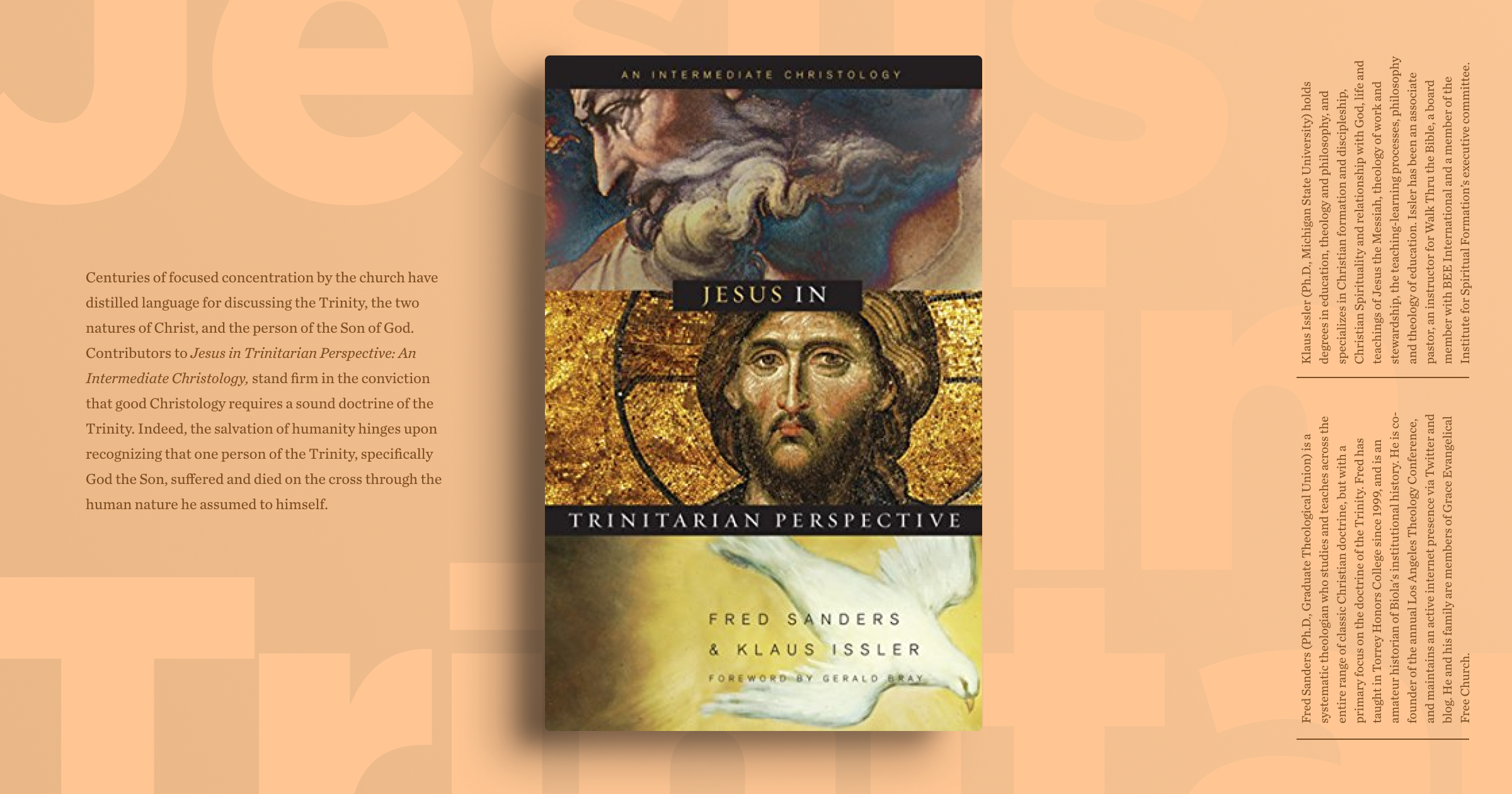Evangelicals have long contributed highly-respected works to biblical scholarship. Evangelicals have also earned considerable respect in the philosophical guild. Much of this labor has been spent on apologetics, which has raised the bar on Christian...
The apostle Paul uses the seemingly paradoxical phrase “spiritual body” in 1 Corinthians 15 when explaining what will happen to believers’ bodies at the resurrection. In this same discourse, he also claims that there are many kinds of flesh...
As a kid growing up in Georgia, my school used to take field trips every year to the Savannah Science Museum. I loved it! We’d run through a two-story replica of the human heart, peer into terrariums of exotic snakes, and lift massive weights using...
The Bible opens by describing a universe that is formless and void. The Creator breaks the silence by speaking a word of power into the nothingness. And then light is introduced, thus marking the first day of creation. Throughout the subsequent five...
Exegetical ambiguity occurs when a word or passage from Scripture can support more than one interpretation. Exegetical ambiguity can spur a deeper engagement with the text, but it can also frustrate or even cause despair. But it may relieve us to...
Christians debate creation and evolution as sharply as any other issue. All Christians believe that in or at the beginning, God created the heavens and the earth (Gen 1:1). Nicene Christians confess the Father as Maker of heaven and earth, and of...
Jesus says to Peter in Matthew 16:18, You are Peter, and on this rock I will build my church and the gates of Hades will not overcome it. Few passages have been as foundational and encouraging for the church as Matthew 16:18. For example, at the...
I have watched with great interest, growing understanding, and deepening concern the debate between classical theism and—for lack of a better descriptor—Framean biblical personalism.
In Revelation 1:4–5, John gives what appears to be a Trinitarian greeting from God, the Spirit, and Jesus; but in place of the Spirit he highlights the “seven spirits before his throne.” John: To the seven churches in Asia. Grace and peace to you...
Regarding the two “sides” in the fifth-century Christological controversies, R. V. Sellers observed, So intent was each upon securing for itself the victory, that it would not stop to enquire whether its opponents did not after all believe what they...
For a long time considered to be the stepchild—or, daringly, the Cinderella—of theology, the doctrine of the Holy Spirit (pneumatology) has in recent times risen to the center of attention. Never before in the history of Christian doctrine has there...
The Filioque clause in the Nicene Creed is the name given to an insertion that was made in the Latin version of the creed sometime in the late-sixth century, almost certainly in Spain. The creed itself was originally composed in Greek, most probably...
The elderly gentleman who confronted me after my adult catechesis class did not look particularly happy with me. He asked what I meant when I said the Trinity isn’t in the Bible, opening his well-worn King James Bible to 1 John 5:7–8 and stabbing a...
Sometimes theology can appear daunting. That is especially the case when it comes to the doctrine of the Trinity. Many of us—even those who have studied the Trinity for years—appeal far more often to mystery when it comes to knowing and delighting...
Centuries of focused concentration by the church have distilled language for discussing the Trinity, the two natures of Christ, and the person of the Son of God. Contributors to Jesus in Trinitarian Perspective: An Intermediate Christology, edited...
A “doxology,” etymologically speaking, is “a word of glory.” It is an eruptive statement of praise to the God who is worthy of all glory-words, and more.
Is the Trinity a holy hierarchy, a triarchy, with God the Father as the boss, Jesus as his deputy, and the Holy Spirit as the Son’s assistant or delegate? The short answer is no. Historical Christianity—whether Catholic, Orthodox, or Protestant—has...
This post will offer a fresh perspective on the grammar of a much-debated, and theologically loaded, verse in the Hebrew Bible: שְׁמַע יִשְׂרָאֵל יְהוָה אֱלֹהֵינוּ יְהוָה אֶחָד Listen, Israel! YHWH is our God. YHWH is the one. My interpretation is a...
God has a name, and it’s not “God.” However, God’s proper name has come to us “damaged”—linguistically damaged. Sadly, we have inherited this name with consonants, but not vowels. I consider the loss of these vowels as one of the sociological and...
Perhaps you’ve heard it spoken, read it on a T-shirt, or heard it in a song. Jesus wants to be your friend. Jesus is my best friend. What a friend we have in Jesus. In some ways, the idea of friendship with Jesus is appropriate. Jesus taught that...
Is it meaningful to speak of “pets” in the Bible? Some claim “pet” is a purely modern category, so much so that what a modern person would call a “pet” does not exist in the Bible. If so, then to speak of...
We are often told less is more—like when putting on perfume. A little can leave someone wanting just a bit more. A similar principle is applied in science—the principle of simplicity that says that if a simple theory or hypothesis is able to...
There are 211 instances of “the practice of communicating with a deity” in the Bible, according to the Logos Bible app‘s Factbook . Such a list demonstrates the massive undertaking that is the study of prayer. So, when we approach the topic of...
For much of my Christian upbringing, I viewed the Lord’s Supper as just a simple memorial ceremony—a repetitive object lesson the church pulled out every quarter. It was awkward, I thought. I remember spending many communion services feeling...
Names often serve an important rhetorical function in biblical literature. In Genesis 22, a new epithet for God is given, Jehovah Jireh, which is often translated as “the LORD will provide” and, when used as a name, “the LORD my provider” (see ESV...
Jesus Christ, the most profound teacher to ever walk the earth, selected the tiny mustard seed to use as an illustration in his teachings. He did so multiple times and to various effects. In all three of the Synoptic Gospels, Jesus utilized this...
If you came to this site because you couldn’t resist seeing for yourself what Word by Word could possibly have to do with autopsies—gotcha! You will find no cadavers or gory CSI scenes here. All this goes to show that appearances can be deceiving...
Galatians 2:16 reads, “But knowing that a human is not justified from works of the law but through pistis Iesou Christou, we also trusted in Jesus Christ in order that we might be justified from pistis Christou and not from works of the law because...
The Dead Sea Scrolls don’t interest only academics and scholars. Many average Christians have questions, too. Read on for the answers to the most common questions! What are the Dead Sea Scrolls? How were the Dead Sea Scrolls discovered? How...
We asked over 50 scholars and theologians what makes a biblical scholar or theologian. Here's what they said.






























